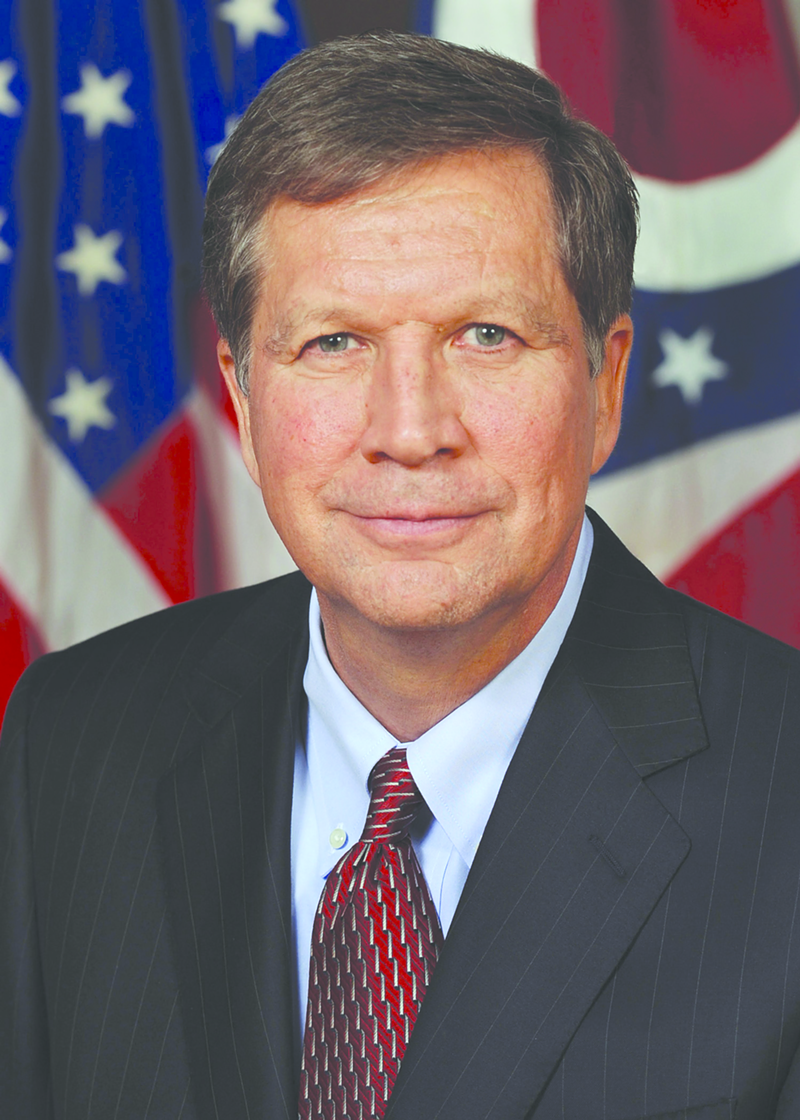A bill that would strip Planned Parenthood of Greater Ohio of all government funding is on its way to Gov. John Kasich's desk.
The Ohio House of Representatives today passed HB-294 with amendments added by the state Senate that would ban the Ohio Department of Health from distributing state and federal funds to centers that perform non-therapeutic abortions.
Health organizations are already prohibited from using state and federal funds toward abortion services. The bill will take this a step further by prohibiting federal funding for non-therapeautic abortions, meaning organizations that perform abortions as a result of rape or incest or those that are not medically necessary are banned as well. Along with non-therapeautic abortions, organizations like Planned Parenthood also use such funding for things like services that help prevent infant mortality, breast and cervical cancer, infertility, minority AIDS and HIV infection and teen STDs and pregnancy. The bill also bars the state from contracting or affiliating with any such organization.
It would redirect the funding into other community health organizations like Women, Infant and Children (WIC) clinics.
If Kasich signs the bill into law, it will strip Planned Parenthood of Ohio, the largest abortion provider in the state, of the nearly $1.4 million it receives in government funds.
The added amendments would direct $250,000 toward infant mortality prevention efforts and allow pregnant women to go to government-sponsored medical programs while they are applying for Medicaid, instead of waiting until after they are approved.
Ohio ranks 45th highest in the U.S. for infant mortality, with 7.3 deaths per 1,000 live births, according the 2013 Centers for Disease Control's National Vital Statistics Reports.
On the House floor, Democrats argued that even though the bill's amendments were directing more resources toward an issue like infant mortality prevention, the bill overall is causing greater harm by stripping an organization like Planned Parenthood of funding it already uses for that purpose.
Rep. Janine Boyd (D-Cleveland Heights) said the majority of Planned Parenthood clinics in the state tackle educational issues like this and do not perform abortions.
"You are not defunding abortions with this bill," she said.
Rep. Kristina Roegner (R-Akron) said she believes the two items are mutually exclusive.
"The rate of infant mortality rate for aborted babies is 100 percent," said Roegner.
The legislation is the latest move in a long string of new requirements lawmakers have passed for abortion providers.
Proponents of the requirements say the laws are intended to improve safety standards at abortion providers. Opponents say they are bureaucratic red tape aimed at reducing the number of clinics performing abortions.
A 2009 law requires that abortion clinics have a patient-transfer agreement with a public hospital but can request a variance, or exception, if they are unable to do so.
Planned Parenthood in Mount Auburn and the Women's Med Clinic, the last two abortion providers in southwest Ohio, nearly lost their licenses to perform the procedure earlier this year when the Department of Health denied the clinics' request for a variance.
Planned Parenthood sued the state, and a judge ruled in October that the clinics are allowed to operate during the lawsuit.
If the clinics lose their licenses, Cincinnati would be the largest metropolitan area in the country without access to abortion services.
Stephanie Kight, the CEO of Planned Parenthood of Greater Ohio, told the Enquirer that its health education programs will see the most funding cuts under HB-294.
Erin Smiley, a health educator at Planned Parenthood of Southwest Ohio, told CityBeat last October the organization stands to lose a $300,000 federal grant for a sex education class for adjudicated and foster care youth it teaches across 18 Ohio counties.
"I would welcome anyone, the legislature, Senators, whomever, if anyone ever wanted to come and see what our messages are really like and see the impacts that we have and how these young people are empowered by this information," Smiley said. "I really believe it would be hard for those folks to think that what they're doing right now is the best for young people."






